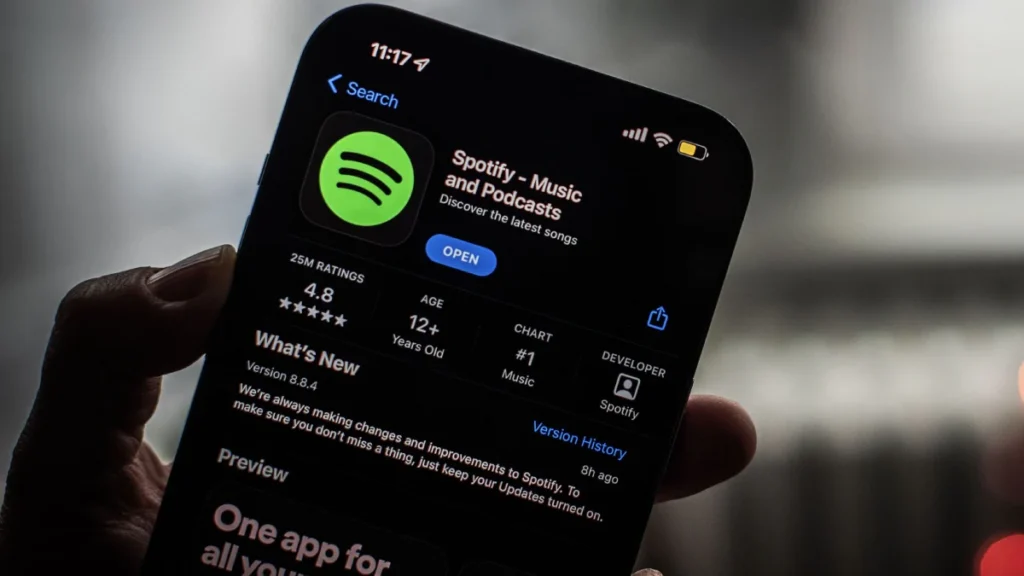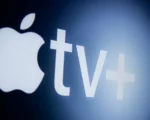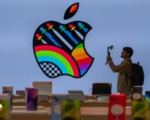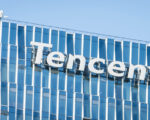EU Accuses Apple of Anti-Competitive Behavior in App Store: Allegedly Blocks Rivals’ Pricing Information
Apple is bracing itself for a hefty fine from the European Union, estimated to be around EUR 500 million ($539 million or approximately Rs. 4,475 crore), following an investigation into allegations of stifling competition from music-streaming rivals such as Spotify Technology SA.
This penalty, marking Apple’s first-ever sanction from the EU, comes in the wake of findings that the tech giant violated competition regulations by impeding rival music services from informing users about cheaper alternatives beyond its App Store ecosystem, as per sources familiar with the matter. Apple, in response to inquiries, reiterated a previous statement asserting that the “App Store has helped Spotify become the top music streaming service across Europe.” The European Commission declined to provide comments on the issue. The Financial Times initially reported on the impending fine.
Apple has also faced pressure from individual EU member states. It was fined EUR 1.1 billion (roughly Rs. 9,842 crore) in France in 2020 for anti-competitive behavior, although the total was later reduced to EUR 372 million (roughly Rs. 3,328 crore) after an appeal.
The EU’s investigation into Apple’s App Store was sparked by a complaint nearly four years ago from Spotify, which claimed it was forced to ramp up the price of its monthly subscriptions to cover costs associated with Apple’s alleged stranglehold on how the App Store operates.

In a separate probe, Apple is set to have its settlement proposal in the EU’s investigation into its tap-and-pay tech accepted, according to people familiar with the matter. The commission is poised to accept a 10-year offer from Apple to open up access to its coveted near-field communication chip on iPhones to rival digital wallets, after a market test received largely positive feedback, the people, who asked not to be identified because the matter is private, said.
Apple’s move to settle the case came after the EU watchdog earlier raised formal concerns that the company had restricted access to the technology, amounting to an alleged abuse of its market power.Vestager is now readying for enforcement of the bloc’s flagship Digital Markets Act — set to come into play on March 7. The sweeping new rules are intended to head off competition violations by tech firms before they take root.
Under the DMA, it will be illegal for the most powerful firms to favor their own services over those of rivals. They’ll be barred from combining personal data across their different services, prohibited from using data they collect from third-party merchants to compete against them, and will have to allow users to download apps from rivals platforms.

















